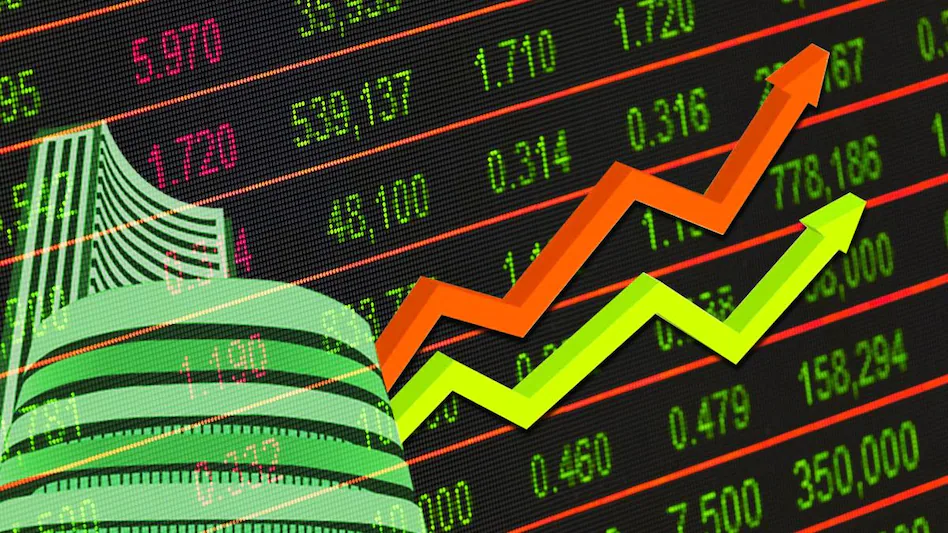
Global markets are dealing with a series of challenges. Escalating war in Ukraine, balance sheet season, and macroeconomic indicators, especially inflation. However, following three consecutive red days on Wall Street, bargain hunters may be tempted to take action.
US index futures are gaining traction, with mining and energy companies leading the way. Retailers, however, took a hit by Tesco Plc’s shares falling to a six-month low. The company has warned that profit will be affected by the UK’s cost-of-living crisis.
Investors are now turning their attention to the earnings season as they await the European Central Bank’s meeting on Thursday. Traders are increasingly hedging against stagflation risk, especially in Europe, amid concerns that high inflation and slowing growth will end up squeezing corporate profits.
Oil stands strong as Russia pledges to carry on with the war in Ukraine, and with China partially lifting Covid-19 restrictions.
In the UK, the country’s inflation rose to 7% in March, the highest in 30 years. Last year, the British Consumer Price Index was below 1%. The escalation of the crisis will become even more prominent this month when a 54% increase in the energy price cap takes effect.
Market learned yesterday that US consumer prices rose to 8.5% in March, the highest rate since late 1981, adding pressure on the Federal Reserve to raise interest rates further. The good news is that core inflation, which excludes food and energy prices, turned out better than expected.
Today there is a new round of inflationary data on the radar, with indicators from the US (Producer Price Index) and CPIs in Europe.
Soaring inflation is forcing central banks to be more aggressive in their monetary policy. New Zealand implemented an interest rate hike of half a percentage point – a 22-year high – to 1.50%, underlining the trend of monetary tightening in several economies. To curb inflation, Canada is also expected today to raise the cost of money by the same amount, 0.50 points, to a rate of 1.00%. And tomorrow the European Central Bank (ECB) will decide on interest rates.
James Bullard, chairman of the St. Louis Fed, said US monetary policy needs to be tightened to a point that constrains economic growth. Otherwise, according to Bullard, policymakers will jeopardize credibility. He supports a half-percentage-point increase at the Fed’s May meeting and says the rate is likely to rise “sharply” after that.
The war escalates. The Pentagon said it was monitoring reports that Russian forces had implanted a poisonous substance in the besieged city of Mariupol. There is still no clear information, but if confirmed as a chemical weapon, it will escalate the war to an even more worrying level.
The allegations were made by members of the Azov battalion, a right-wing militia in the Ukrainian National Guard that was part of the defense of Mariupol. The group posted video footage of some soldiers and civilians suffering effects they say include flushed faces, heartburn, inflammation of the mucous membranes, and dry eyes.
The US government is preparing an approximately $750 million military assistance package for Ukraine, according to Bloomberg. President Joe Biden reiterated accusations that Vladimir Putin committed genocide. Separately, China and Russia continue to develop and deploy weapons that can attack US satellites.
BlackRock Inc. reported in its balance sheet that its long-term funds had a net gain of $114 billion in the first quarter, resisting the general fall of the stock markets in the period. Assets under management totaled $9.57 trillion at the end of March, having surpassed $10 trillion at the end of 2021.
US stock markets extended Monday’s losses. Rising oil prices have fueled concern that inflation will continue to hit consumer wallets. Major banks were the main losers, as the corporate earnings season looms. Concerns about expensive oil eventually outweighed the inflation released yesterday, which rose 8.5% in March, the highest rate in 40 years, despite being in line with expectations (+8.4%).
